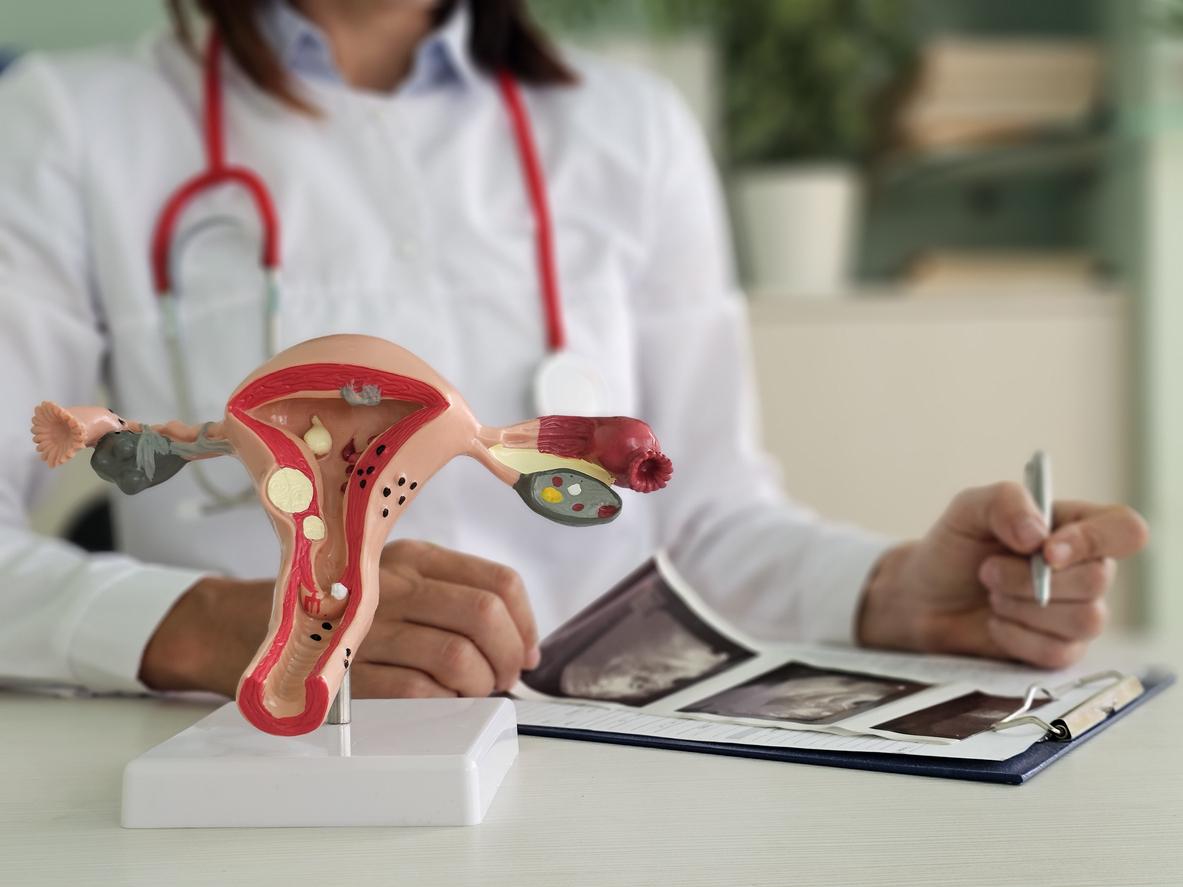Antihistamines, non-prescription medicines used to treat allergies, can decrease the quality of semen. Men who use them may face infertility issues, according to a new study.

Antihistamines may decrease the quality of semen. This is what researchers at the Institute of Biology and Experimental Medicine of Buenos Aires, in Argentina.
Antihistamines are antiallergic drugs which fight against sneezing, itching, etc. For this, the tablets act on the molecule responsible for these symptoms: histamine. The study, published in the journal Reproduction, establishes a link between this mechanism and the decline in male fertility.
Deformed sperm, few in number and difficult to move
How can antihistamines impact male fertility? Histamines are molecules produced by the immune system when it perceives a threat, such as an allergy. These molecules eliminate allergens causing side effects such as sneezing or itching. Antihistamines reduce these symptoms but also have side – and unwanted – effects on the body, such as reduced sperm quality.
To reach this conclusion, the researchers reviewed and analyzed the scientific work carried out over the past forty years on this question. A large majority of them prove that there is a link between the use of antihistamines in male animals and a decrease in the quality of their semen. This results in misshapen sperm that are few in number and have difficulty moving to the egg. In other words, the signs of a fairly low fertility in humans. But, more studies still need to be done to fully understand the mechanisms between antihistamines and fertility decline.
???? A new review published in @ReprodJournal suggests that the use of antihistamines could have deleterious effects for male fertility @bioscientifica https://t.co/FECLWJhcWf
– Society for Endo (@Soc_Endo) March 10, 2018
Patients take antihistamines without their doctor’s advice
It is not certain that these conclusions, valid on animals, are transferable to humans. But, they must be known to the general public because antihistamines are drugs available without a prescription. Patients therefore tend to take them easily – and without seeking the advice of their doctor – in case of allergies. Public health problem all the more important as the number of allergies increases in industrialized countries.
While waiting for new treatments, without consequences on fertility, are found, it is better to avoid taking antihistamines. In addition, the researchers also plan to work on a possible link between histamines and testicular tumors. Antihistamines therefore appear to have several side and undesirable effects for humans.
.
















